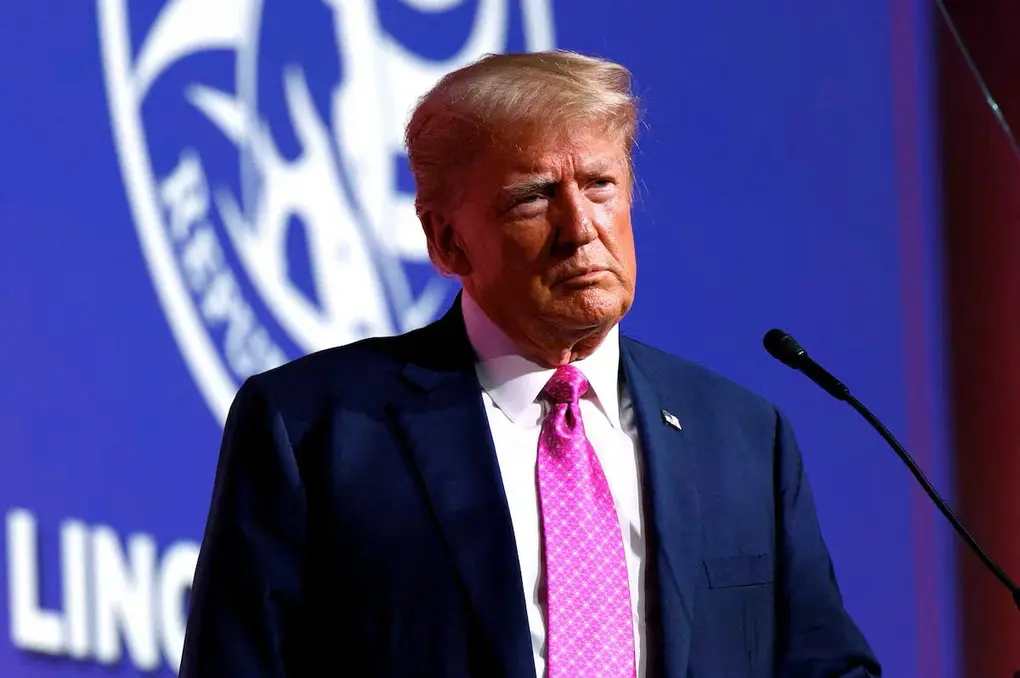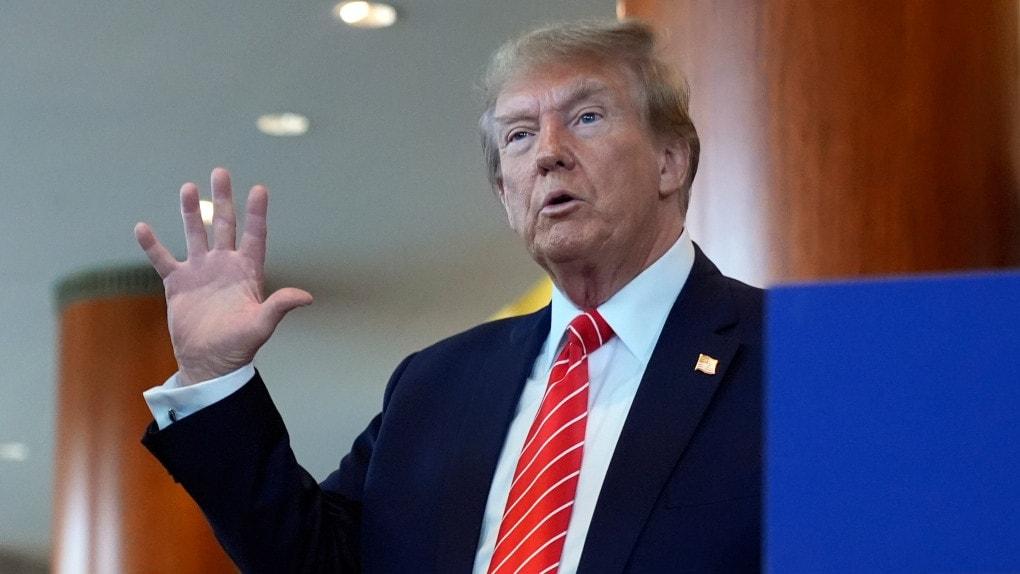CBS’s flagship news magazine, 60 Minutes, continues to stand firm against pressure from the Trump administration, despite ongoing legal and political challenges. On May 3, 2025, the show announced a forthcoming segment focusing on the administration’s targeting of law firms that challenged President Trump during his time out of office. The episode description states, “On the campaign trail, President Trump vowed to wield the power of the presidency to go after his perceived enemies,” highlighting executive orders aimed at firms accused of “weaponizing” the justice system against him. This bold move follows a tumultuous year marked by Trump’s repeated attacks on the program, including a $20 billion lawsuit filed over a pre-election interview with Vice President Kamala Harris.

The lawsuit, initiated in 2024, stemmed from Trump’s claim that 60 Minutes edited Harris’s interview to mislead viewers, alleging “election interference.” He argued that different segments of Harris’s response on Israeli Prime Minister Benjamin Netanyahu aired on 60 Minutes and Face the Nation constituted fraud. CBS rebuffed these claims, with legal counsel Gayle C. Sproul asserting that editorial decisions are protected by the First Amendment and that Trump’s demands for an unedited transcript lacked legal basis. Despite pressure from Paramount Global’s owner, Shari Redstone, to settle—amid a pending merger requiring FCC approval—60 Minutes has maintained its editorial independence.
Trump’s broader crusade against the media includes calls to revoke CBS’s broadcast licenses, a threat he reiterated after 60 Minutes aired segments on Ukraine and Greenland in April 2025. These actions prompted the resignation of executive producer Bill Owens, who cited corporate interference in editorial decisions. Owens, a 37-year veteran, wrote, “I would not be allowed to run the show as I have always run it,” reflecting tensions with Paramount’s leadership. Posts on X captured mixed sentiments, with some praising Trump’s pressure on “biased” media, while others decried it as an attack on press freedom.
The program’s defiance comes amid broader administration actions, such as funding cuts to public broadcasting and threats against other outlets like The New York Times. Legal experts argue Trump’s lawsuits lack merit, emphasizing that editorial choices are routine in journalism. CBS’s commitment to critical reporting, exemplified by correspondent Scott Pelley’s interviews, including one with Ukrainian President Volodymyr Zelensky, underscores its resolve. As the Trump administration escalates its immigration enforcement, with Border Czar Tom Homan hinting at arrests of officials for “harboring” illegal immigrants, 60 Minutes’ focus on accountability remains unwavering, even as it navigates a precarious media landscape.






